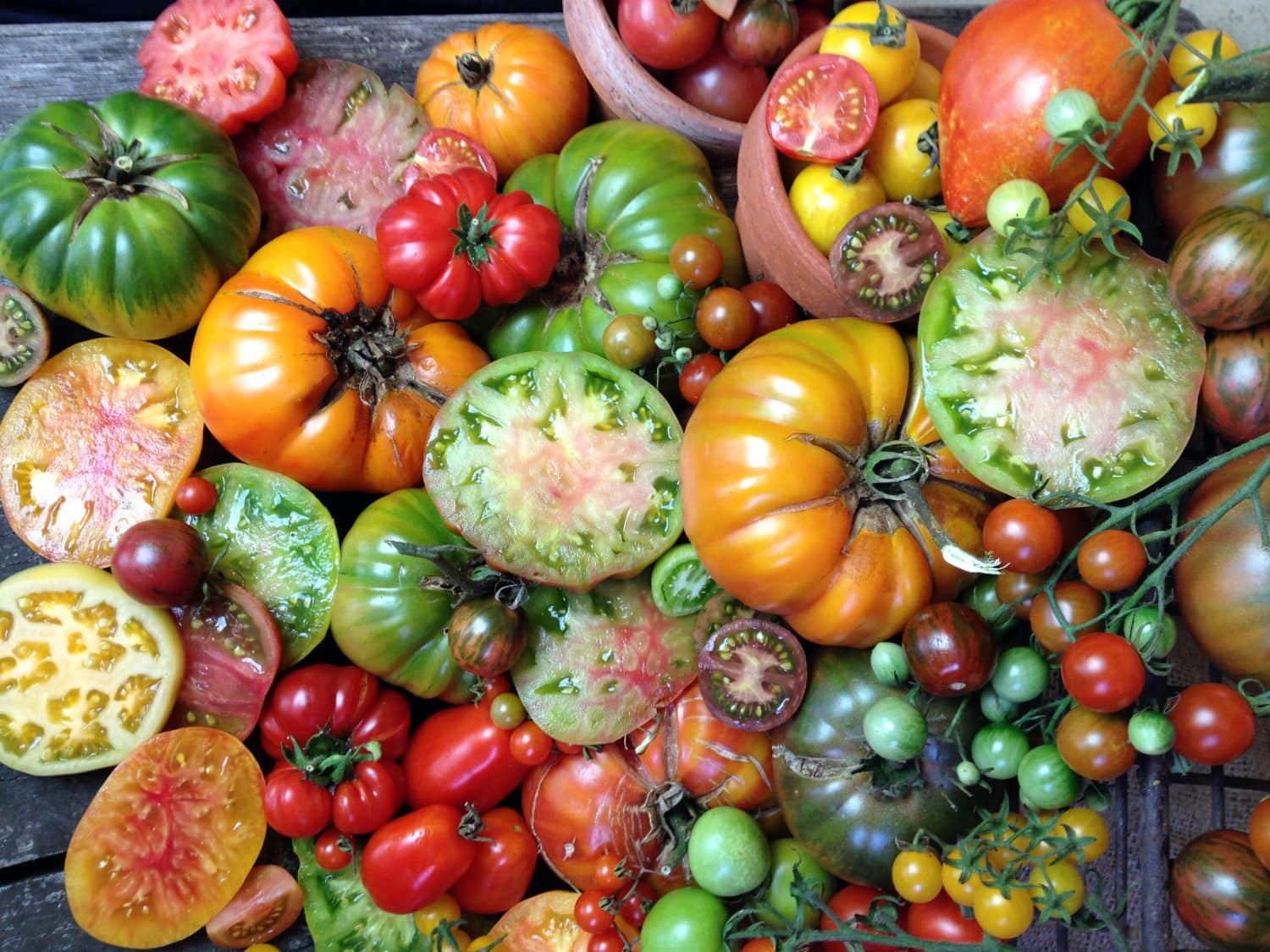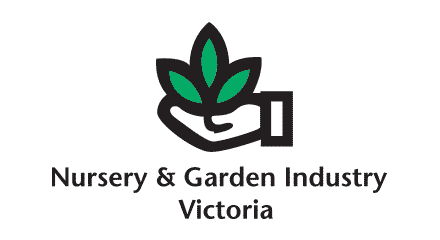Grow your own way

It’s a common theme: the dream of growing our own vegetables, living off the land, picking a tomato fresh off the vine and biting into its summery goodness.
But how simple is it to grow your own garden?
According to Talei Kenyon from The Diggers Club it’s as simple as just making a start and watching your garden grow.
A home-grown garden can be as big or as little as you need, depending on the space available.
Urban gardeners can grow delicious herbs ready to cook with from pots on their windowsills or balconies, or if the urge for freshly grown produce is in order, take a plot in a local community garden.
‘The main thing to remember is to water your plants every day and maybe twice a day when the temperatures are extreme. Also, all the goodness in the soil needs to be added to via organic fertilisers during the growing season if you are growing food in pots. Ornamental plants are usually fed after flowering whereas vegetables more regularly,’ said Ms Kenyon.
‘You can grow just about anything in a pot as long as you water and feed it. It’s best to plant vegetables that give you more than one pick such as leafy greens, beans, cut-and-come- again lettuce, snow peas, cherry-sized tomatoes, chillis and of course herbs as they make such a difference to all you cook!’
Talei’s hot tip for pot planting is each time you plant a new crop in a pot you should add all new organic potting mix.
‘It’s likely that the crop that you have just replaced will have used up all the nutrients in the original potting mix. By regularly adding organic liquid fertilisers, soil conditioners and worm juice the soil will remain in top condition giving your plants plenty of good stuff to grow in,’
If you have a lot of space you could look at investing in a compost bin. A compost bin does not have to break the bank, you can start with a generic plastic rubbish bin with a lid, turn it upside down and cut out the bottom. Place the lid on the top and weigh down with a brick or similar to keep any vermin out. All you need to do now is add your kitchen scraps: eggshells, left over foods (avoid meats and dairy) and basic kitchen scraps.
‘Adding compost that is made from your kitchen scraps and garden waste is the easiest, cheapest and best as it adds back not only nutrients to the soil but also organic matter that is vital for the texture of soil too.
‘Depending on what’s been growing in the garden you may need to add in some organic fertiliser, but organic compost is the best start for any garden bed,’ said Ms Kenyon.
With the heat of summer upon us, Talei said that with the warm days ahead, gardeners are to be sure to mulch and water any new plants.
‘At this time of year you can still plant leafy greens such as five colour silverbeet and lettuce, herbs like chervil and maybe the last chance to plant beans this week if you hadn’t planted them already. Root crops like beetroot and carrots are OK too.
‘In January you can also start thinking about the autumn and winter garden and start sowing seeds of broccoli, cauliflower and kale into trays ready to transplant out in February,’ said Ms Kenyon.
Happy gardening this summer!
The Diggers Club will be celebrating their 40th anniversary at the Melbourne Flower and Garden Show. Purchase a ticket today to hear talks on pickling, growing your own veggies and fruit, building a chook house and more.



























